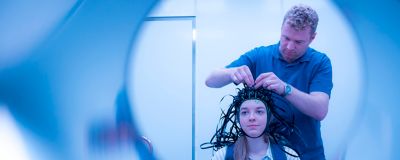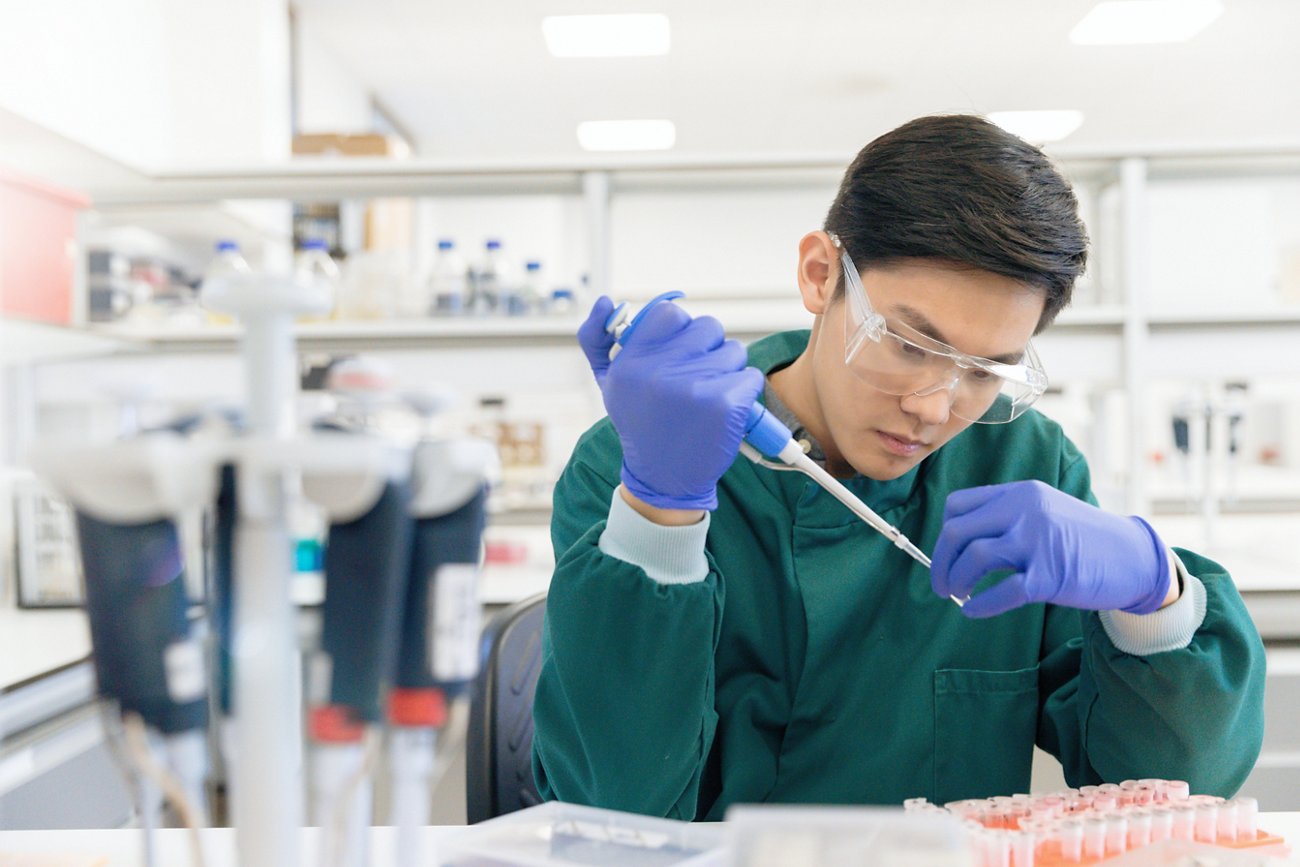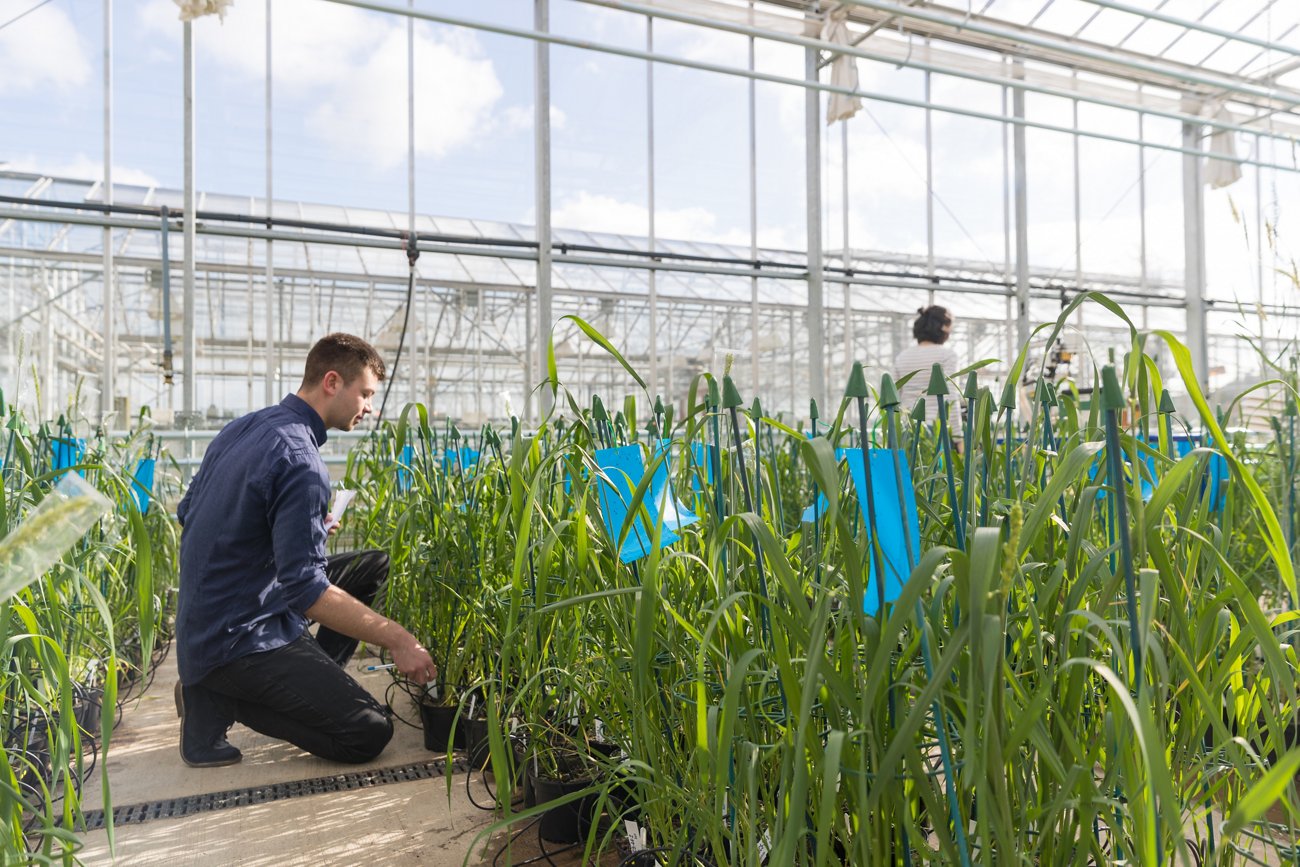
Nottingham has a proud legacy of education and innovation.
Did you know that the 2003 Nobel Prize for the invention of Magnetic Resonance Imaging (MRI) body scanners was awarded for research done in the School of Physics and Astronomy? This technology has benefitted more than half a billion people worldwide.
We pride ourselves on being a centre that is internationally recognised for the quality of teaching and research.
Professor Matthew Brookes talks about his research in medical physics. His revolutionary work in brain imaging has been recognised with a Physical Sciences & Engineering Laureate award from the Blavatnik Family Foundation and the New York Academy of Sciences.



